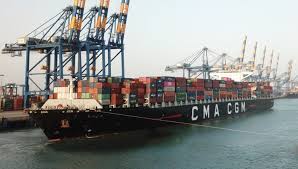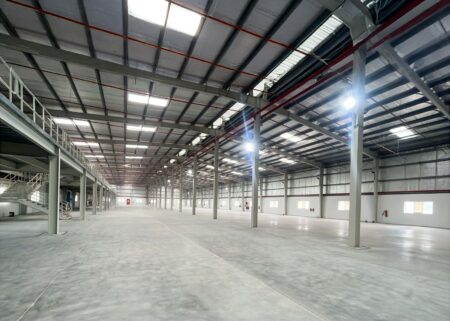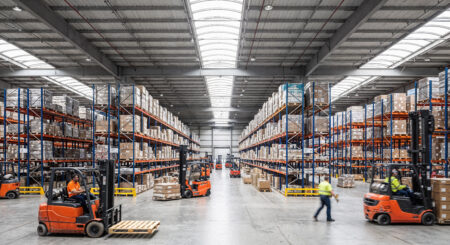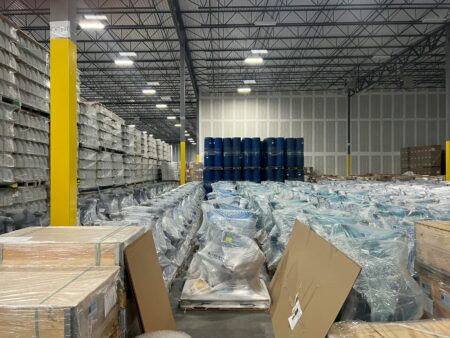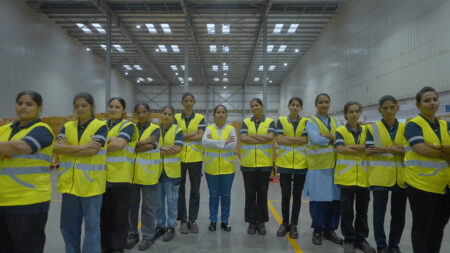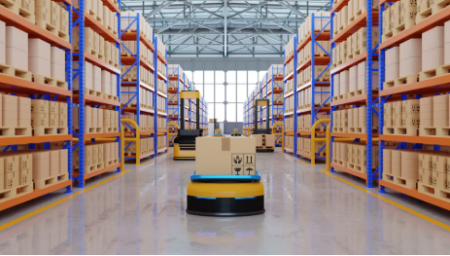Despite being a critical component of supply chain and logistics processes, warehousing has historically been overlooked by Indian industries. Following numerous global supply chain disruptions, development and advancement in the sectors have expedited. There is a greater emphasis, attention, and growth in the use of robotics and automation technologies to meet increased customer needs and efficiently manage inventory. Indian industry titans have a significant opportunity to upgrade and design warehouses in accordance with these evolving global standards. With today’s industry, labour, and supply chain challenges, the material handling industry is constantly innovating to meet market needs. To respond to this call, advanced technology options, particularly in AS/RS (automated storage and retrieval systems) and mobile robotics, are expanding.

GM, Bastian Solutions
These solutions increase efficiency by bringing products closer to the consumer with micro-fulfillment centres, increasing storage capacity in distribution centres and warehouses, automating material rack docking, systemising bin storage, and assisting with the transportation and sortation of goods within a facility.
Automation, an integral segment
Indian industries are expanding, necessitating well-organised operations, on-time deliveries, and omnichannel distribution. Automation in logistics is now becoming an important segment in assisting ecommerce and retail brands with last-mile delivery. Recently, the growth of logistics automation has been fueled by order delivery accuracy, real-time inventory tracking, and the demand for express delivery services.
Indian industries are expanding, necessitating well-organised operations, on-time deliveries, and omnichannel distribution.
Automation in warehousing can assist businesses in sorting orders, reducing handling and storage costs, and automating the order fulfilment flow from product sourcing to final delivery. Every improvement in efficiency leads to an improvement in quality, order accuracy, and overall customer service. The benefits, however, do not stop with the customer experience. Companies can expect to reduce overhead costs, increase worker productivity, reduce errors, and reduce maintenance costs by implementing premier automation solutions that are designed to identify opportunities to optimise warehousing and supply chain operations.

